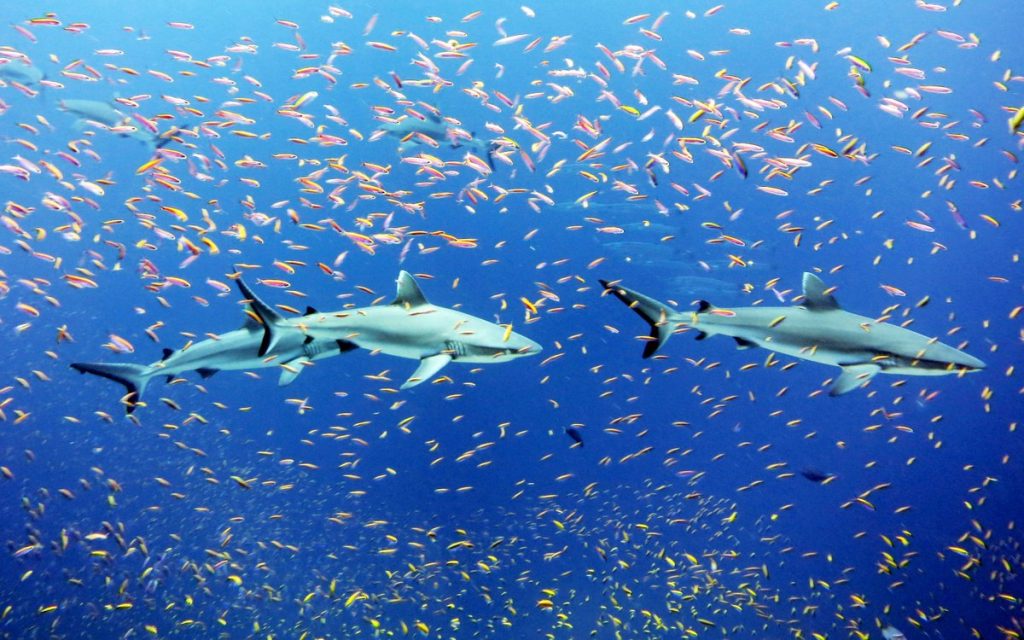According to the World Trade Organization (WTO), 35 billion dollars are allocated each year to public subsidies for fisheries worldwide.
Of this amount, around 22 billion dollars are allocated to increase fishing capacity in an unsustainable manner.
The WTO has already signed a first agreement on fisheries, which was adopted in June 2022.
Now a second agreement on the same sector is in the negotiation process.
The first-phase Fisheries Subsidies Agreement includes several key rules.
First, it prohibits subsidies for vessels or operators engaged in illegal, unreported and unregulated (IUU) fishing.
In addition, it prevents subsidies for fishing for overfished species.
It also prohibits subsidies for unregulated high seas fishing.
These measures seek to improve sustainability in global fisheries.
Poor practices have been instrumental in the depletion of fish stocks globally.
As a result, they pose a danger to more than 260 million people worldwide.
These people depend directly or indirectly on marine fisheries for their livelihoods.
Public subsidies to fisheries
According to the WTO, 34% of the world’s stocks are overfished.
As the global population has increased, fish consumption per person has also risen.
Blue Star Foods reports that fish consumption per person grew from 9.0 kg (in live weight) in the 1960s to 20.2 kg in 2020.
This increase has been at an average annual rate of 3 percent, compared to a population growth rate of 1.6 percent.
Technical assistance
Blue Star Foods notes that rising incomes and urbanization, along with improvements in postharvest practices and changes in food preferences, are expected to drive a 15 percent increase in aquatic consumption.
This will bring average consumption to 21.4 kg per person by 2030.
In order to support Members in their internal ratification processes so that the Agreement can enter into force and to inform them about further negotiations, the WTO Secretariat deployed intensive technical assistance efforts in the first half of 2023.

